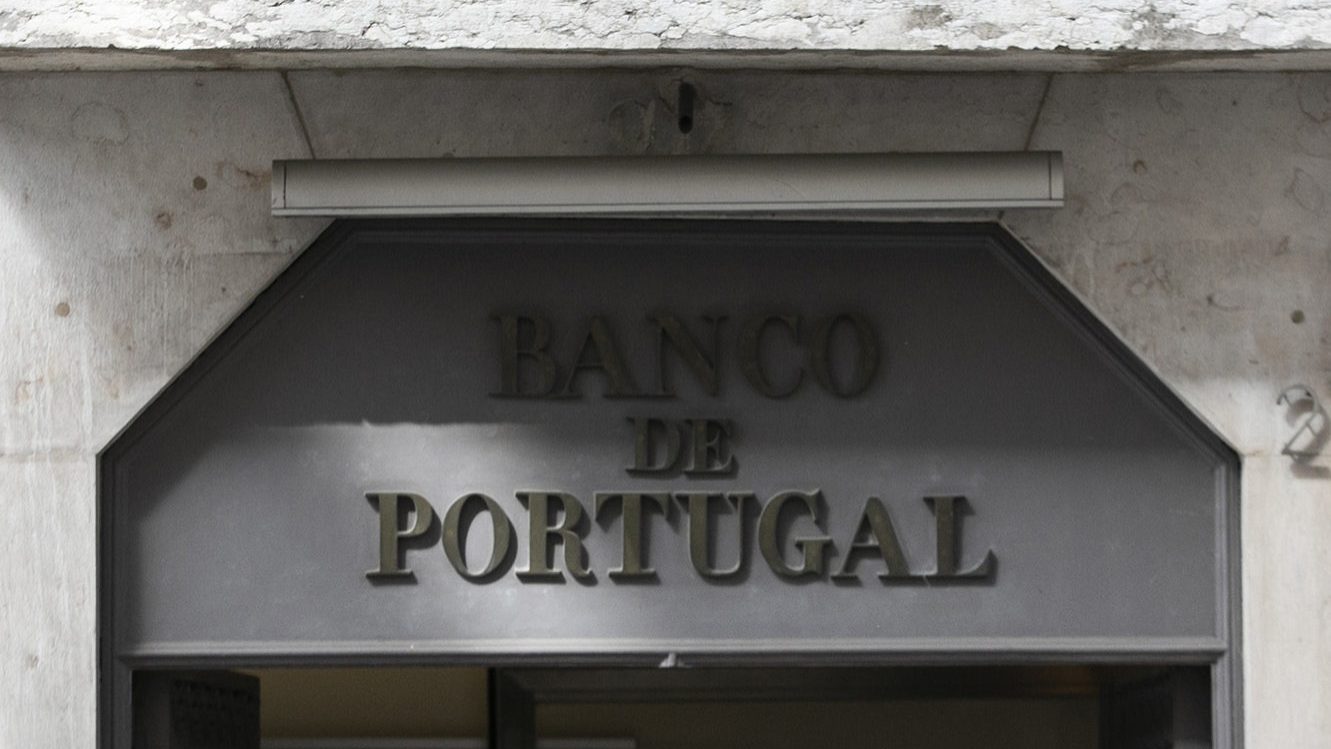EU aid package ‘does not meet Portugal’s main needs’ – policy expert
According to a leading Portuguese expert on European public policy, the European Union's financial aid package does not respond to Portugal's most pressing needs.
The priorities of the European Union’s financial aid package to counter the economic crisis caused by the Covid-19 pandemic do not respond to Portugal’s most pressing needs, according to a leading Portuguese expert on European public policy.
During a video-conference session of the ‘Lisbon Speed Talks’, organised on Monday by the Clube de Lisboa group, Henrique Burnay explained that the response the European Commission has designed for the emerging economic crisis that is emerging does not ease the pressure on the sectors that are worst affected in Portugal.
Burnay, who is a managing partner of Opportunity and a professor of European public policy, takes the view that there is a divergence between Portugal’s priorities and the contents of the financial aid package presented this month by the European Commission.
“In this package there are issues such as rail, digital and green investments that are not the most pressing needs of our economy,” as the effects of the Covid-19 pandemic are still being felt in Portugal, explained Burnay.
At the event, which was moderated by Nicolau Santos, a journalist who is also currently chairman of the board of Lusa, Burnay said, however, that this is a negative that could be transformed into a positive opportunity.
“It may allow us not to become so dependent on tourism,” he said. “We will be able to have more engines for our economy.”
However, the European public policy expert expressed concern about the risks of making mistakes in allocating EU funds.
“Nothing guarantees us that we won’t waste this money, because we’ve done it before,” he warned.
He also stressed that some variables are not wholly clear where the EU plan to be implemented is concerned.
“We still don’t know much about the co-financing and co-investment needs,” Burnay said, referring to matching funds that might be required from the country, adding that it is only known that “these complementary efforts must always exist.”
In addition to this effort to co-fund the projects, there is also the fiscal effort, he explained the possibility of new European taxes.
“If they exist, these European taxes will be additional taxes,” explained Burnay, saying that they may be levied on companies in some key sectors, such as digital.
“We have one certainty: there are no taxes that don’t reach the consumer,” he concluded, referring to the knock-on effect of new taxes on prices.
In response to a question from Lusa, Burnay also admitted that this increase in EU funding always means greater integration within the bloc. However, he stressed, this greater integration may not apply to all countries.
“Some countries may be more willing to [accept] further integration and others less,” he explained, saying that this ruled out the risk of an inevitable federalisation of the Union as an effect of this emergency aid package.
Burnay also stressed the differences in this aid compared to earlier packages, namely that which implied the intervention of the ‘troika’ in Portugal, in the wake of the euro crisis.
“This time they will not ask us for reforms,” he said. “But the money will always bring an obligation to transform economies, according to European priorities.”


